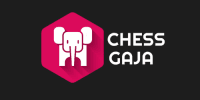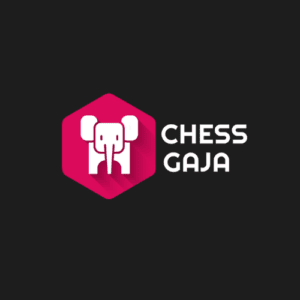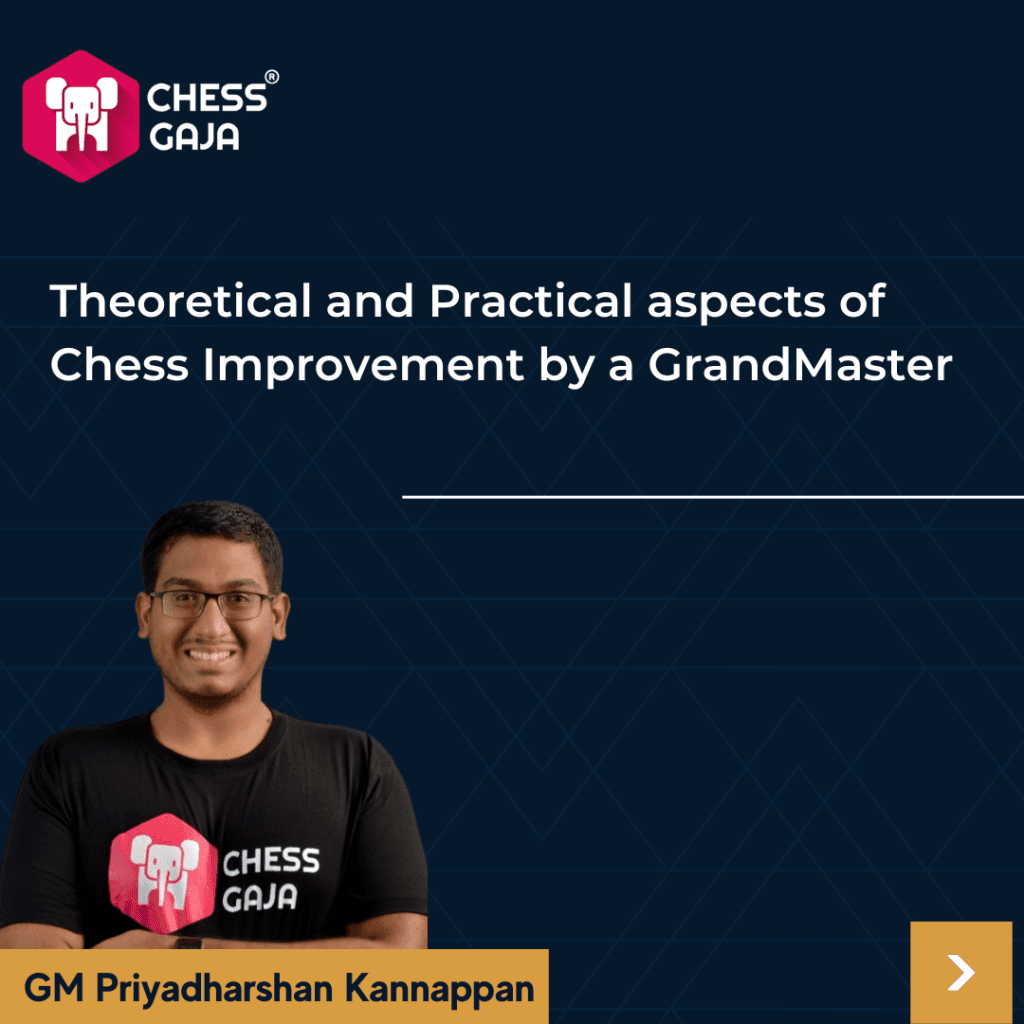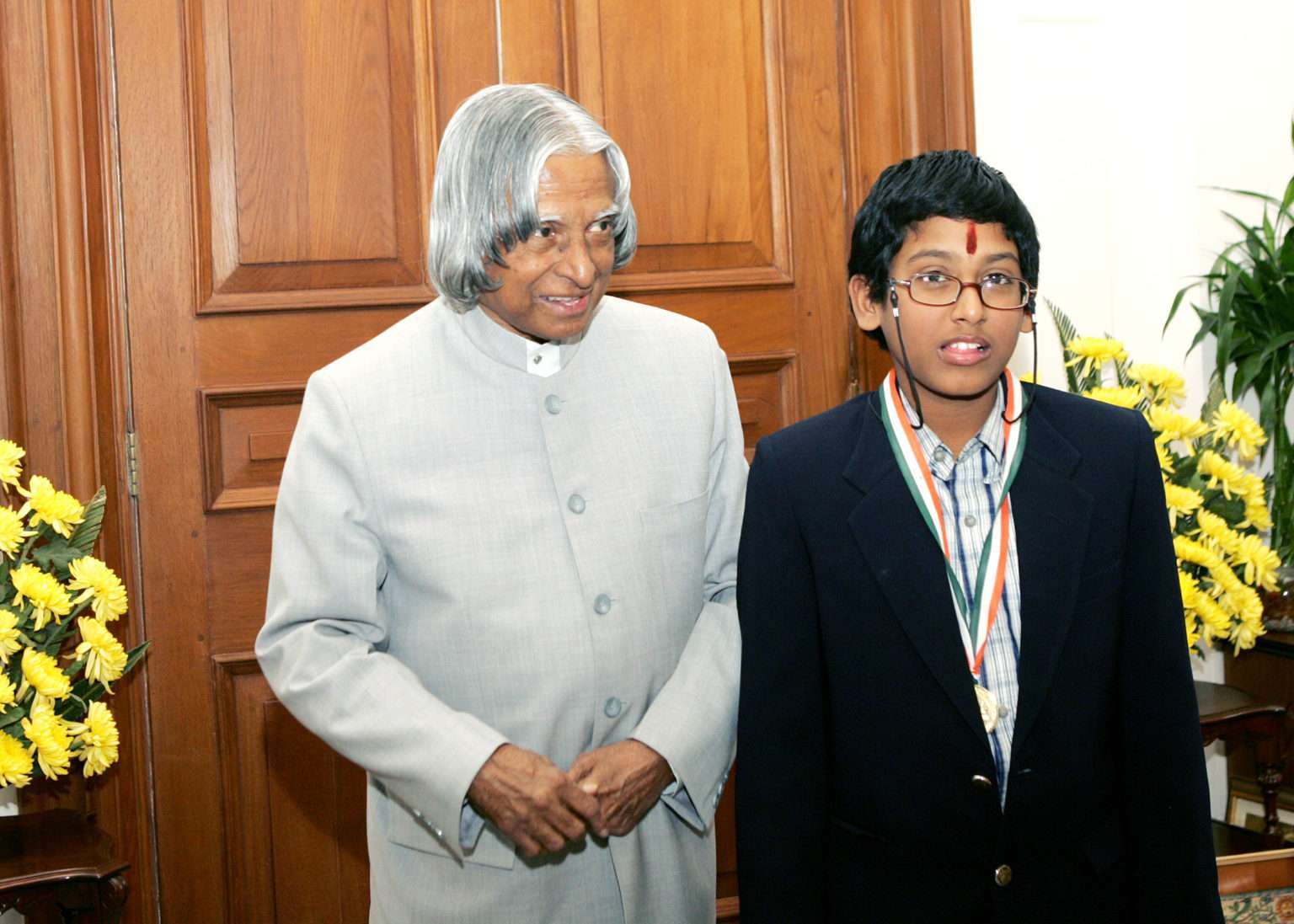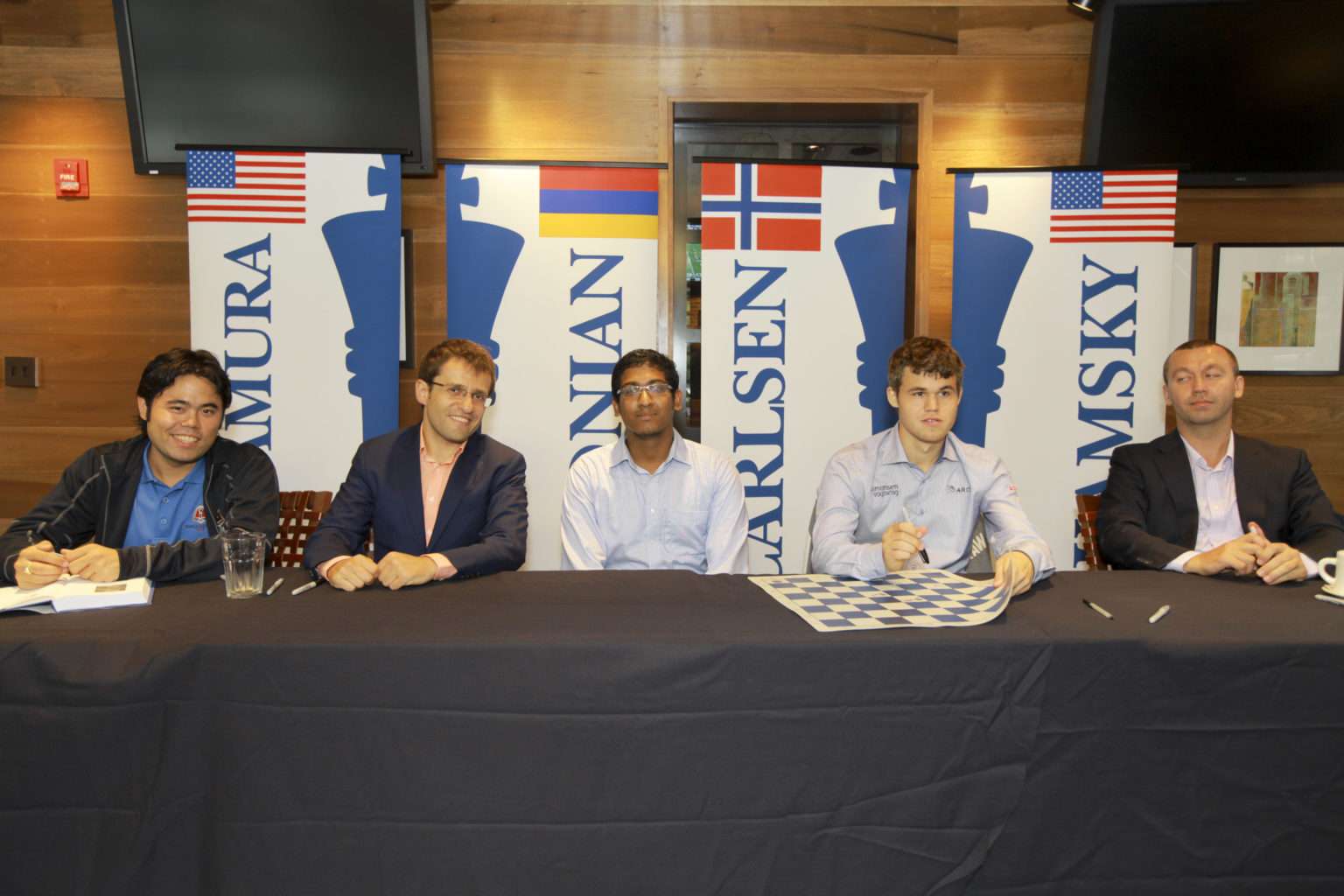Imagine you are just starting out in chess and the World Champion teaches you chess. Will that help you become a world-class player in days or a few months? Think about it as you read this blog.
Let me start with a dose of reality – Chess improvement is tough, and it takes years to get great at it! There is no super hack to race to the top other than dedicated hard work and passion for the game!
There are two components to learning Chess: the theoretical aspect and the practical aspect of it. Why is it important to balance both these aspects to get better at chess?
The theoretical aspect is learning new things that you didn’t know before or getting a finer understanding of topics that you vaguely know, and this enhances your knowledge of the game, and this knowledge can come by reading a book or watching a video, or working with a coach. Getting better at theoretical knowledge is not that hard these days.
In this day and time, we don’t have a problem accessing chess resources as there are abundant choices of books, videos, and coaches, so we get easy access to theoretical knowledge, and most cases we actually have an information overload which confuses us from choosing the right resources for chess improvement.
When you learn from a coach or a book or video, you strengthen the theoretical aspect of it, which is great, but everyone can read and understand the written content of a book or video, so where do many falter in their chess improvement journey? This is where the practical aspect of the game kicks in.
The role of a coach these days is one of giving you advice on what to learn and what to skip, making your learning process efficient and streamlined. One role of a coach is to give guidance on how to apply theoretical knowledge in a game. The coach using his experiences as a player could guide you on how to apply the theoretical knowledge in a practical setting.

Imagine the following scenarios:
1)Playing all the time (Practical knowledge), but not learning anything new theoretically
2)Learning all the time (Theoretical knowledge), but not applying it anywhere
3)Getting the right balance of theoretical and practical knowledge
Scenario – 1
Players constantly play without learning new knowledge, and this will not help you in your chess improvement as only if you know more things, you will apply them and see if it works or not. This is like trying to play a modern multiplayer game with an older system and outdated graphics card.
Your brain would be like the graphics card, as how much ever it tries to help you play your best chess game, there would be a technical limitation.
Scenario – 2
Most adult players do the mistake of learning all the time but never having the time to test it out in a practical game. This will also not help you become a stronger chess player. I am reminded of the famous Robin Sharma quote here,

Delivering under pressure is very crucial to becoming a stronger chess player, and that can happen only if you put yourself in pressure situations that happen in a tournament.
Scenario – 3
The ideal balance of learning and playing should be in a 60-40 ratio. You should learn 60% of the time and spend the remaining 40% of the time playing it out to improve your game and become a stronger chess player.
Coming back to the question, that I asked at the start how helpful it is to learn from a World Champion if you are a beginner at the game?
I think it would work counter-productively for a beginner to get trained by a World Champion, as that would be like learning basic addition, and subtraction from someone who has done a Ph.D. in Math! I am sure you would agree that having a Ph.D. in Math to teach you basic concepts of math is a bad idea, as it would be a waste of your money, the time of the expert, and the student and coach could not relate to each other in their understanding of math, as it’s so far apart.
The World Champion can’t really relate to how a beginner’s mind work and the expert would be frustrated that the student is not understanding such a basic concept when in reality for the student the basic concept itself is a brand new and tough concept to grasp. That’s why it becomes important to get a coach who can relate to your level and guide you through your mistakes and can get a grasp of how you think during a game.
Don’t take chess classes with a GrandMaster
I hope via this blog; I have answered the Question that I often get from potential new students who are just starting out in their chess career and have a rating of about U-1000, and want to start classes with a GrandMaster! Please work with a coach who is marginally better than you at the game, someone who is at least 300-400 FIDE-rated points higher rated than the student would be enough, and would help get the maximum value for the money spent on training.
If you need more information on finding out the best chess coach for your improvement, please go through the hyperlinked reading material.
Wishing you the best in your chess improvement journey!
GrandMaster and FIDE Trainer Priyadharshan Kannappan
